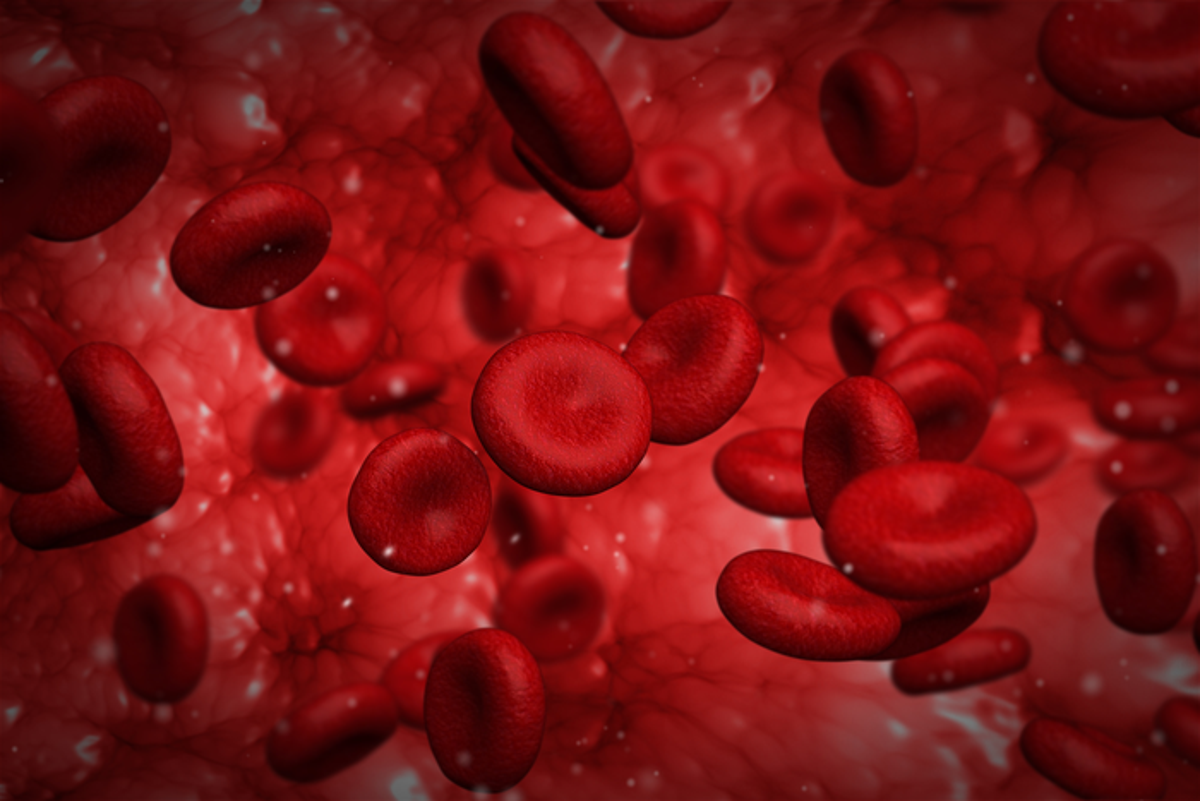
Scientists have discovered a rare new blood group system and have cracked a decades-old mystery in blood type classification in the process.
The findings, published last month in the journal Blood, have solved a 30-year mystery surrounding the basis of three known – but genetically uncharacterised – proteins in the blood that did not fit into any known group system.
“This work demonstrates that even after all the research conducted to date, the simple red blood cell can still surprise us,” study co-author Ash Toye said in a statement.
A person’s blood type is generally determined by the presence or absence of proteins on the surface of red blood cells.
While the concept of blood groups such as ABO or Rh (the plus or minus) is popular, there are also many other important blood groups, pointed out scientists, including those from the University of Bristol in the UK.
New findings about blood types and their classification have clinical significance in transfusion as any mismatch can potentially trigger an attack by a person’s immune system.
If there’s a mismatch between one person’s blood and that of another, there is a possibility of a person’s immune system generating antibodies against a blood group antigen protein they do not carry.
These antibodies then flag the antigen-bearing cells for destruction by other components of the immune system.
In some cases, research has also shown that in the event of a mismatch between a mother and her baby, antibodies in the mother’s blood can cause problems to the unborn child.
In the new study, scientists cracked the 30-year mystery surrounding the basis of three antigens that could not fit into any known blood group system.
Researchers assessed the blood of individuals with antibodies against a collection of antigens termed Er, which were first observed over 30 years ago.
They observed specific changes in the gene coding for the Piezo1 protein, which is used by the red cell to sense when it’s being squeezed, in these individuals.
This protein has been shown to be required for the Er antigen to be added to the cell’s surface.
Changes to the protein, scientists said, would result in the production of an altered protein on the cell surface of the red blood cells in these people.
Using DNA sequencing and gene-editing techniques, researchers could show Er to be a new blood group system.
The findings also have significance in the outcomes of pregnancies, the study noted.
The antibodies in two pregnant women against two newly discovered Er antigens reported in the study were associated with the loss of their babies.
“Antibodies directed against two novel high incidence Er antigens are associated with severe haemolytic disease of the fetus and newborn,” researchers wrote in the study.
The new discovery can thus allow scientists to develop new tests to identify those with uncommon blood groups.
This can help provide the best possible care for patients with even the rarest of blood types, scientists explained.






